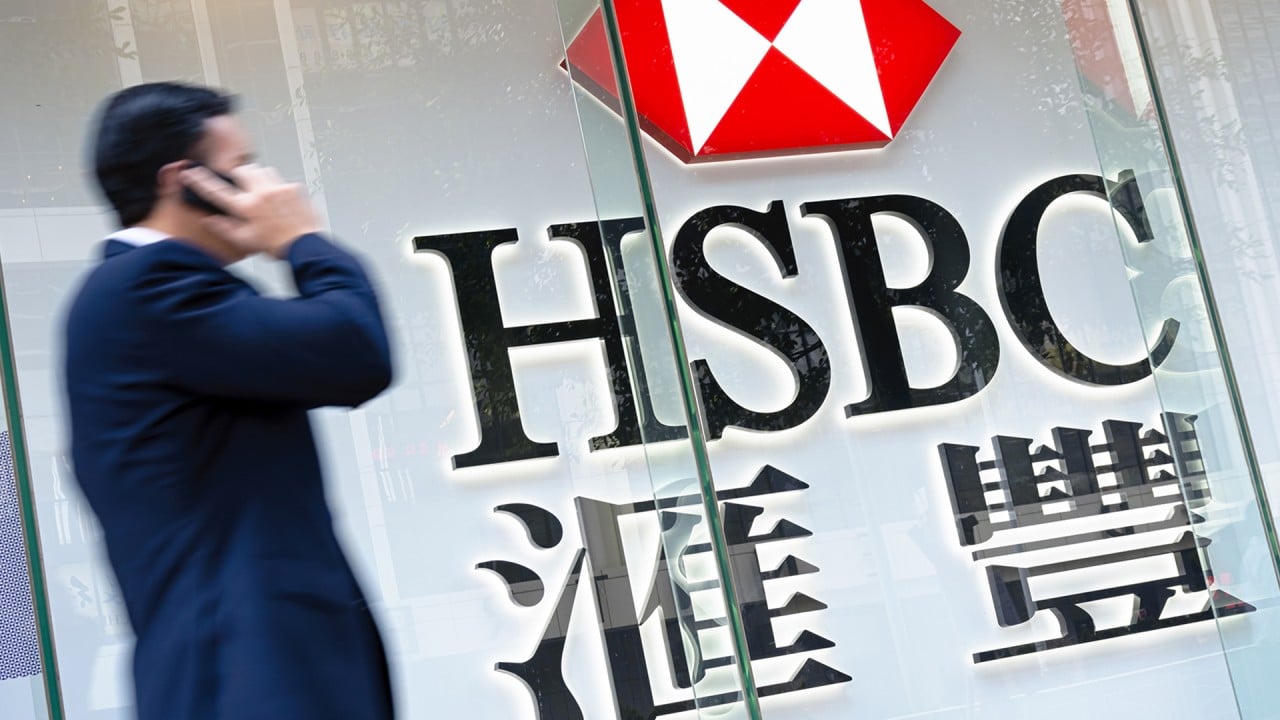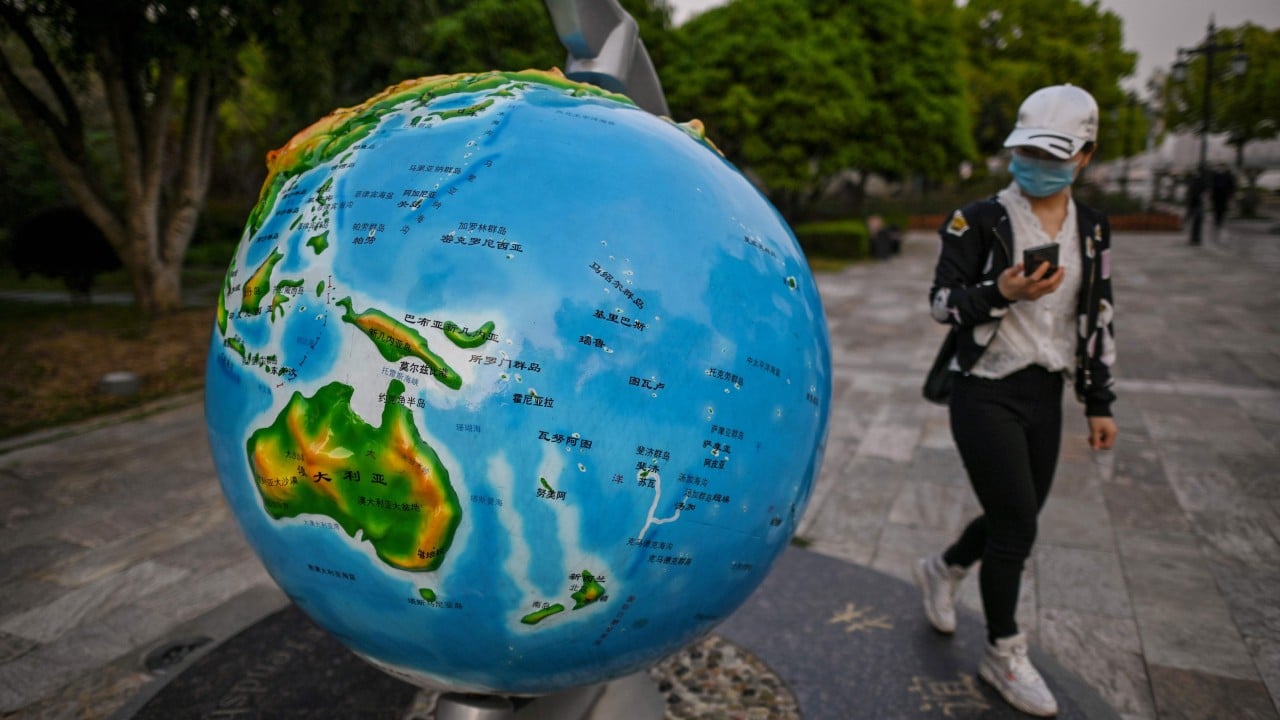
Calls to break up HSBC are a bleak sign of things to come for our once-global economy
- An East-West split of the banking giant risks leaving it hollowed out, but more worrying is what such a move could mean for globalisation
- It is the latest sign of growing restrictions on the freedom of movement of capital and people that has defined the global economy over the past 30 years
The Chinese look to predict earthquakes by the braying of dogs and the emergence of snakes, so it’s no wonder that soothsayers, prophets, or indeed financial economists look at signs and phenomena. Of course, if they were mostly right, they’d be lying on a beach holding a drink with an umbrella in it.
Nevertheless, the signs are not those of stability but of noisy change, such as the highest inflation in 40 years, the worst month on Wall Street in 52 years, the US long bond breaching 3 per cent yield, and the first full-scale inter-nation European war in 80 years. This is a wild shot in the dark – but do you think they could be telling us something?
The bean counters point to HSBC earning 65 per cent of its pre-tax profits in Asia for a lot less capital employed than the miserable 20 per cent of profits from Europe. Perhaps the biggest worry for Ping An is that HSBC is caught in a geopolitical vice, in the unenviable position of being in the bad books of Chinese, French, UK, and US politicians merely because it has a foot in both East and West.
Ping An only represents 9.2 per cent of the bank’s shareholders. Minority shareholders like jam today rather than jam tomorrow because they can sell their shares tomorrow if things go wrong. And accountants are well-practised at screwing up perfectly good companies.
Boeing, America’s most iconic industrial firm, was highly successful for over a century – as an “inefficient” engineers’ company. When the focus switched to “efficient” accountants in the early 2010s, with their mathematics and key performance ratios, they pumped up returns for shareholders and top managers by saving costs, outsourcing, and charging for everything.
By knowing the price of everything and the value of nothing, they hollowed out the company so that today it is burdened with debt, a sickly share price, and a depleted reputation, while unburdened as the industry leader. The only people to benefit were the managers who kept their outsized bonuses.
The units that don’t appear to be pulling their weight on paper are actually making good businesses better. Listen to the wisdom of the crowd: HSBC shares have not only outperformed the Hang Seng Index this year but other global banks. The share price is up 85 per cent since the coronavirus low – almost twice that of JP Morgan.
And yet that powerful reasoning is not why a break-up would be a bad thing. It is because it signifies the end of the soft globalisation that began in the 1980s and removed barriers to trade and stimulated rapid economic growth. In that world, it was easy to travel, to trade or set up businesses in new pastures; peoples of different nations could meet, work, play and understand each other.
Three ways to make globalisation more inclusive and sustainable
It was Ricardo’s Law of Comparative Advantage working at its best – the finest example of the rules-based order. Hong Kong had a reputation for doing great business in an orderly environment; people could go and just do it.
The familiarity with each other bred trust and a balance of give and take – eschewing the “what’s mine is mine and what’s yours is mine” attitude. When that happens, everybody takes their chips and goes home. Trust is why the stock market mantra was “my word is my bond”.
Russia’s invasion of a weaker nation has spurred the West to freeze Russian money. Could capital restrictions be applied to China and Hong Kong? I think not – but why take the risk? The call to break up HSBC is but a tiny sign of the burgeoning global restrictions on the freedom of movement of goods, capital, service and people that will undermine any economic recovery.
My reading of the signs in the tea leaves is that a break-up of HSBC is a bad thing and should not be welcomed because it foretells a lose-lose situation, for everybody.
Richard Harris is chief executive of Port Shelter Investment and is a veteran investment manager, banker, writer and broadcaster, and financial expert witness



